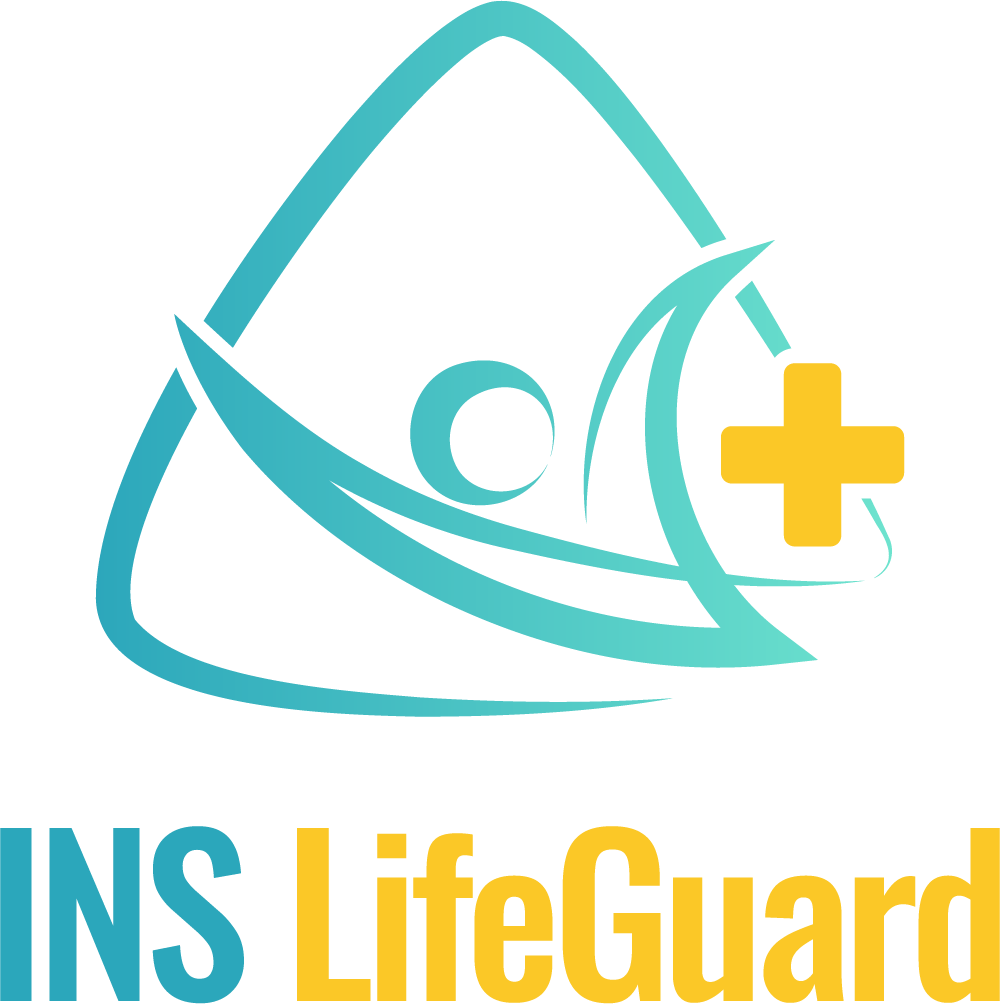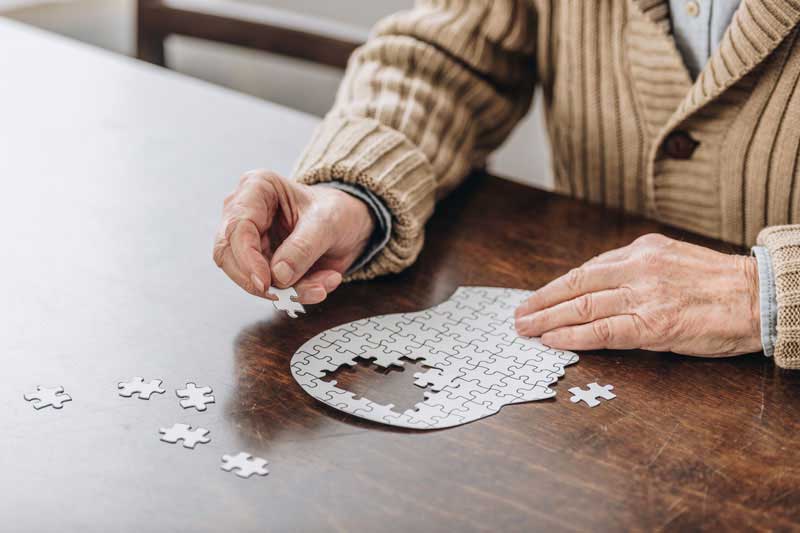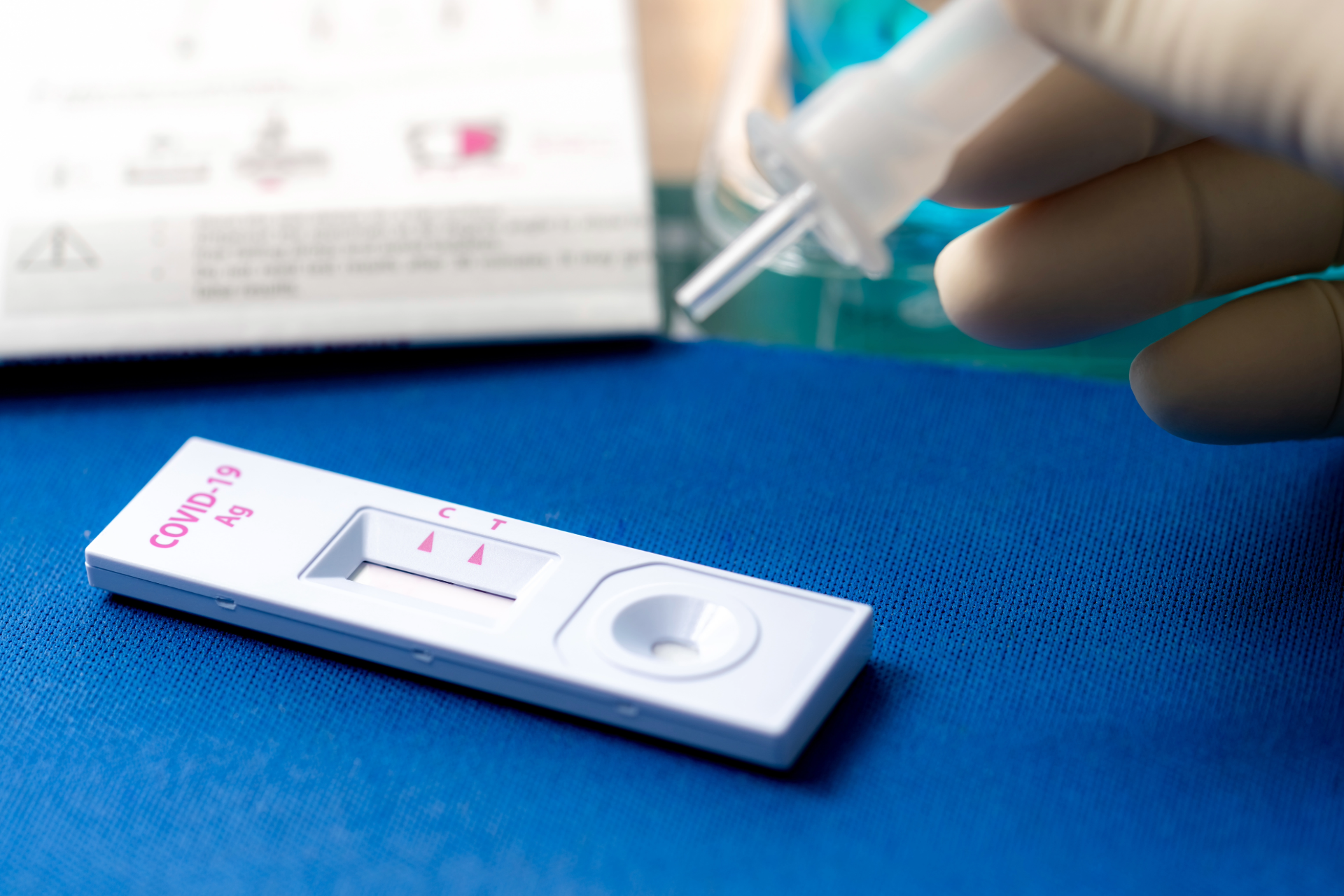Have a Question?
Stage 1 Kidney Disease: Symptoms, Causes, Diagnosis & Treatments

Do you find yourself worrying about your kidney health? Perhaps you've noticed subtle changes in your urinary habits or have concerns due to a family history of kidney issues. Understanding the early stages of kidney disease is crucial for maintaining your overall kidney health. In this blog post, we'll delve into Stage 1 Kidney Disease, its symptoms, causes, and available treatments to help you prevent kidney failure and protect your renal health for the long term. If you are interested in learning more about managing Stage 1 Kidney Disease, continue reading our comprehensive blog post.
What is Stage 1 Kidney Disease?
Stage 1 Chronic Kidney Disease (CKD), the earliest among the 5 stages of kidney disease, is characterised by kidney damage with normal or estimated glomerular filtration rate (eGFR) equal to or greater than 90 millilitres per minute per 1.73 meters squared (mL/min/1.73 m²).
In this stage, kidney function is still considered normal but there may be signs of physical damage, such as protein in the urine or abnormalities in imaging tests. Typically, at this stage, there may not be any symptoms, but it's important for individuals with Stage 1 CKD to manage their condition to prevent further kidney damage and progression to kidney failure.
Symptoms and Causes
Stage 1 Chronic Kidney Disease is most commonly caused by conditions like high blood pressure or diabetes. In addition, other factors such as genetics, overall health, and lifestyle choices can also heighten the risk of developing kidney disease.
While symptoms are typically minimal or absent during this early stage, as the kidneys are still functioning relatively well, some individuals may notice subtle signs that could indicate kidney damage, such as:
- Fatigue or weakness
- High blood pressure
- Swelling in your hands or feet
- Urinary tract infections
- Protein in your urine
- Blood in your urine
Diagnosis
Stage 1 chronic kidney disease or early stage kidney disease is typically diagnosed through a combination of different records, examinations, and diagnostic methods. These help healthcare providers assess kidney function, identify any underlying causes, and determine the stage of kidney disease. These may include:
Medical History
Most individuals who have Stage 1 Kidney Disease will undergo a thorough review of their medical history by their healthcare provider. During this assessment, healthcare providers will look for any existing health conditions or lifestyle habits that might lead to kidney damage. This helps the kidney specialist to fully understand the patient's overall health status including any factors that might increase the risk of kidney disease.
Blood Test and Urine Tests
Blood tests and urine tests are commonly performed to assess kidney function and detect any abnormalities in the patient's kidney health. These tests provide vital information about the kidneys' ability to filter waste products from the blood and remove them from the body through urine.
eGFR Blood Tests
eGFR blood tests are used to estimate the rate at which the kidneys filter waste from the blood. Stage 1 CKD indicates that your estimated glomerular filtration rate (eGFR) is normal, at 90 or higher, yet there is detectable protein in your urine.
Blood Pressure Checks
Monitoring blood pressure levels helps healthcare providers identify individuals at risk of CKD or those with existing CKD, as high blood pressure can contribute to kidney damage and vice versa. This close monitoring allows for timely intervention and management to slow the progression of CKD and reduce the risk of complications such as cardiovascular disease.
CT Scan or MRI
Imaging tests such as ultrasound, CT scan, or MRI may be performed to visualise the structure of the kidneys and detect any abnormalities, such as cysts or tumours. While these tests are not exactly necessary for diagnosing Stage 1 CKD, they provide detailed images of the kidneys and surrounding structures, allowing healthcare providers to assess their size, shape, and any potential abnormalities.
Treatment
Since Stage 1 Kidney Disease is not yet advanced, a kidney transplant is typically not needed at this stage. Instead, treatment options primarily focus on lifestyle modifications, dietary changes, exercise, and avoiding substances harmful to the kidneys. These changes may include the following:
- Control your blood sugar if you have diabetes.
- Keep your blood pressure in check if you have hypertension.
- Adopt a nutritious and balanced diet.
- Avoid tobacco use.
- Strive for 7–8 hours of sleep per night.
- Practice relaxation techniques to reduce stress and anxiety.
- Try to get at least 30 minutes of physical activity, preferably 5 days a week.
- Maintain a healthy weight suitable for your body.
- Medications to control underlying conditions.
Takeaway
While kidney disease cannot be cured, and kidney damage is irreversible once it occurs, preventive measures can help slow its progression. If you are diagnosed with Stage 1 Kidney Disease, you still have significant opportunities to manage your condition effectively and lead a fulfilling and independent life.
At INS LifeGuard, we offer cutting-edge solutions that individuals with kidney disease can use to manage their condition more effectively. Our personal alarm systems allow users to summon immediate assistance during emergencies, helping them maintain their independence while managing their condition. With a personal alarm for health and safety from INS LifeGuard, you can confidently lead active lifestyles while having access to reliable support whenever needed. Get in touch with us to learn more about the products and services we offer.
Learn More About Kidney Disease

About
INS LifeGuard is the only 24/7 nurse on-call personal and medical monitoring in Australia. We provide monitoring technology for both in the home and on the go and can also monitor other provider's equipment. Our services are suitable for anyone wanting support to stay independent such as the elderly, those with medical conditions and disabilities plus enhancing safety and security for lone workers.

















